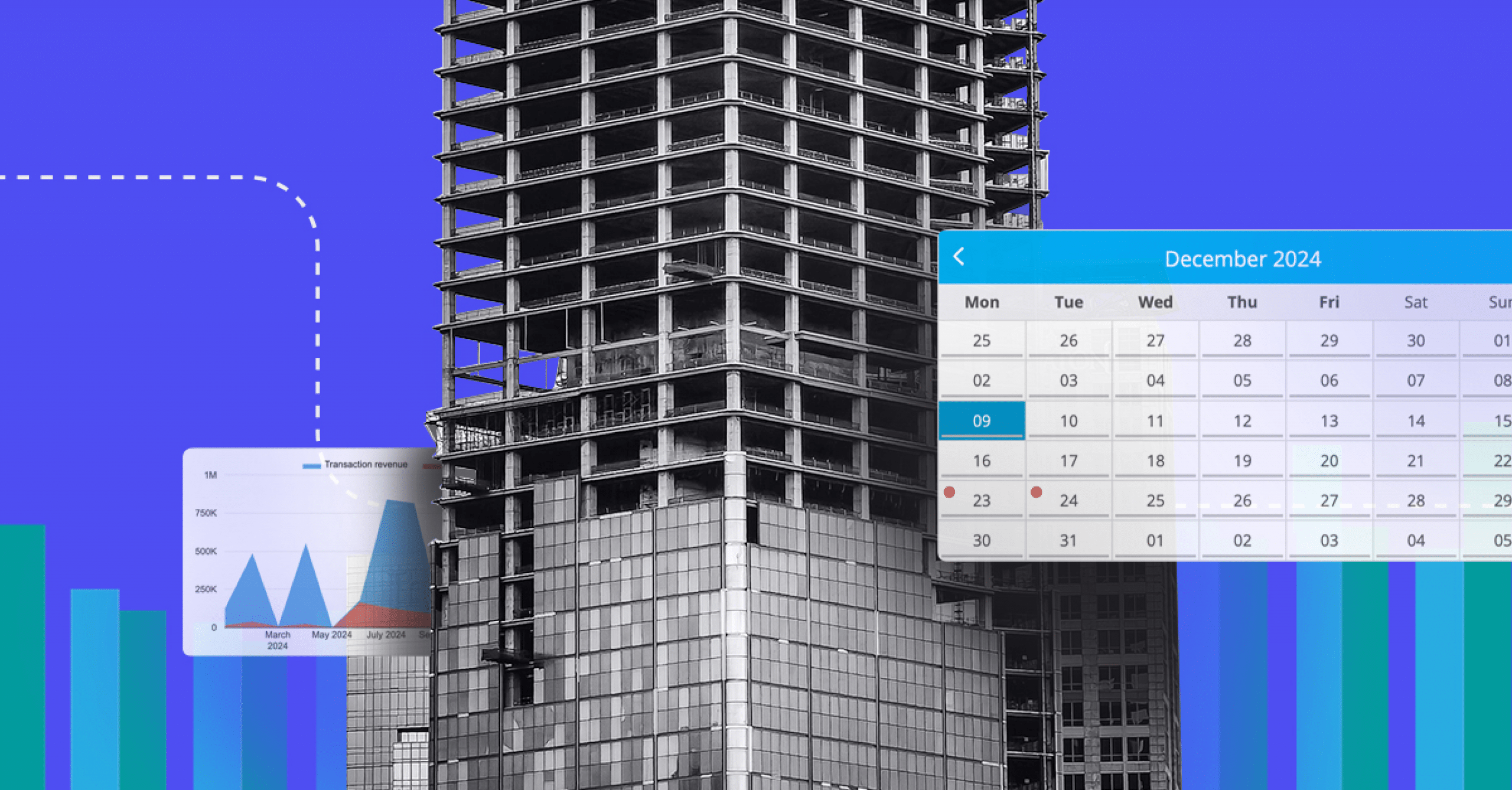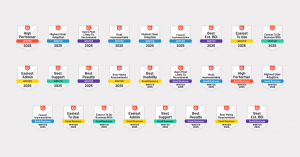From concept to completion, architectural and engineering (A&E) firms need to juggle budgets, deadlines, regulations, and ever-evolving client expectations—all while maintaining the integrity of their designs.
Without a strong project management framework, even the most well-planned initiatives can quickly veer off course. For A&E firms looking to optimize efficiency and profitability, mastering engineering project management is not just beneficial—it’s essential.
What is Engineering Project Management?
Engineering project management is the art and science of planning, organizing, leading, and controlling projects that have a significant engineering component. It encompasses the application of project management principles specifically tailored to meet the technical and operational demands of engineering projects.
This discipline ensures engineering endeavors are completed on time, within budget, and to the specified quality standards, all while managing the inherent risks and complexities associated with technical projects.
What are Common Methodologies Used in Project Management for Engineering?
Selecting the appropriate project management methodology is important for the successful execution of engineering projects. Different methodologies offer unique frameworks that can be aligned with the specific requirements and constraints of a project.
Here are some commonly employed methodologies:
Waterfall Methodology
The Waterfall methodology is a linear and sequential approach where each phase of the project needs to be completed before the next begins. This model is characterized by its structured progression through stages like requirements gathering, design, implementation, testing, and maintenance. It’s particularly suitable for projects with well-defined requirements and where minimal changes are needed during the development process.
Agile Methodology
Agile is a flexible project management approach that emphasizes collaboration, adaptability, and customer feedback. Instead of following a fixed plan like Waterfall, teams can refine and adjust their work as requirements evolve.
For example, in an engineering project developing a new structural component, Agile enables teams to design, test, and improve individual elements based on real-time feedback rather than waiting until the entire project is complete.
This approach is ideal for projects with shifting requirements or a need for rapid innovation, ensuring teams can respond efficiently to new challenges while maintaining high-quality results.
Scrum Framework
Scrum is a subset of Agile methodology that structures development in cycles of work called sprints, typically lasting two to four weeks. It promotes cross-functional team collaboration and regular assessment of progress, making it effective for complex projects that require frequent reassessment and adaptation.
Lean Project Management
Lean project management focuses on maximizing value by eliminating inefficiencies and optimizing workflows. Rooted in lean manufacturing, it emphasizes streamlining processes, reducing waste, and improving efficiency to enhance project outcomes.
Key principles include identifying value, mapping workflows, minimizing bottlenecks, and continuously improving processes.
For example, an engineering firm using Lean might simplify approval processes to reduce delays, ensuring faster project delivery. By eliminating non-essential tasks and refining workflows, Lean project management helps firms cut costs, improve quality, and deliver projects more efficiently.
Six Sigma
Six Sigma is a quality management methodology that uses data and statistical analysis to identify and eliminate defects in processes. By minimizing variability and improving consistency, it enhances efficiency and ensures high precision, making it ideal for engineering projects that demand strict quality control and performance standards.
6 Challenges in Engineering Project Management
Engineering projects often encounter a myriad of challenges that can impede their successful completion. Recognizing and proactively addressing these challenges is vital for project managers.
6 common challenges include:
1. Scope Creep
Scope creep occurs when a project’s scope expands beyond its original plan without adjustments to budget, timeline, or resources. Often driven by unclear requirements or evolving stakeholder demands, it can lead to delays, cost overruns, and resource strain, making project management and delivery more challenging.
2. Resource Allocation
Effective resource allocation is critical in ensuring that the necessary skills, equipment, and materials are available when needed. Poor resource management can lead to bottlenecks, underutilization, or overextension of resources, adversely affecting project timelines and outcomes.
3. Staying on Budget
Engineering projects often face budget overruns due to fluctuating costs, scope changes, and unforeseen issues. Effective cost control requires accurate forecasting, real-time expense tracking, and proactive adjustments.
Project management software helps monitor spending and prevent overruns, while clear client communication ensures expectations align with financial constraints. Staying disciplined with budgeting keeps projects profitable and on track.
4. Risk Management
Engineering projects are inherently risky due to their complexity and the potential for unforeseen issues. Identifying, assessing, and mitigating risks are essential to prevent project derailment and ensure smooth execution.
5. Communication Breakdowns
Clear and consistent communication among project stakeholders is fundamental to project success. Miscommunication or lack of information flow can lead to misunderstandings, errors, and conflicts, hindering project progress.
6. Regulatory Compliance
Adherence to industry standards, safety regulations, and legal requirements is mandatory in engineering projects. Navigating the regulatory landscape can be challenging, and non-compliance can result in legal penalties and compromised project integrity.
Benefits of Engineering Project Management Software
The advent of specialized project management software has revolutionized the way engineering projects are managed. These tools offer numerous benefits that enhance efficiency and project outcomes:
Enhanced Collaboration
Project management software facilitates seamless communication and collaboration among team members, stakeholders, and clients. It provides centralized platforms where information is shared in real-time, ensuring everyone is aligned and informed.
Improved Resource Management
Advanced software solutions offer tools for effective resource planning and allocation. They enable project managers to assign tasks based on team members’ availability and expertise, optimizing productivity and preventing resource conflicts.
Real-Time Monitoring and Reporting
These tools provide real-time tracking of project progress, budgets, and timelines. Automated reporting features allow for quick identification of issues, enabling prompt corrective actions to keep the project on track.
Integrated Budget Monitoring
Project management software enhances financial oversight by integrating budget tracking with project workflows. It enables real-time monitoring of expenses, forecasts cost overruns, and helps project managers make data-driven financial decisions.
With automated reporting and cost analysis, firms can adjust budgets proactively, ensuring projects stay on track financially while maintaining efficiency and profitability.
Engineering Project Management Software from Total Synergy
At Total Synergy, we’re committed to simplifying how A&E practices manage projects and finances. With over twenty-five years of experience in the A&E space, our cutting-edge project management solution is designed to give your A&E practice the clearest path to project profitability.
Total Synergy’s software provides tools for allocating resources efficiently, forecasting metrics, and managing tasks with ease, ensuring you always know where your projects stand and what’s coming next.
Book a demo today to see our software in action and discover how it can elevate your approach to project management.





